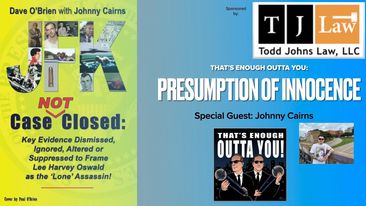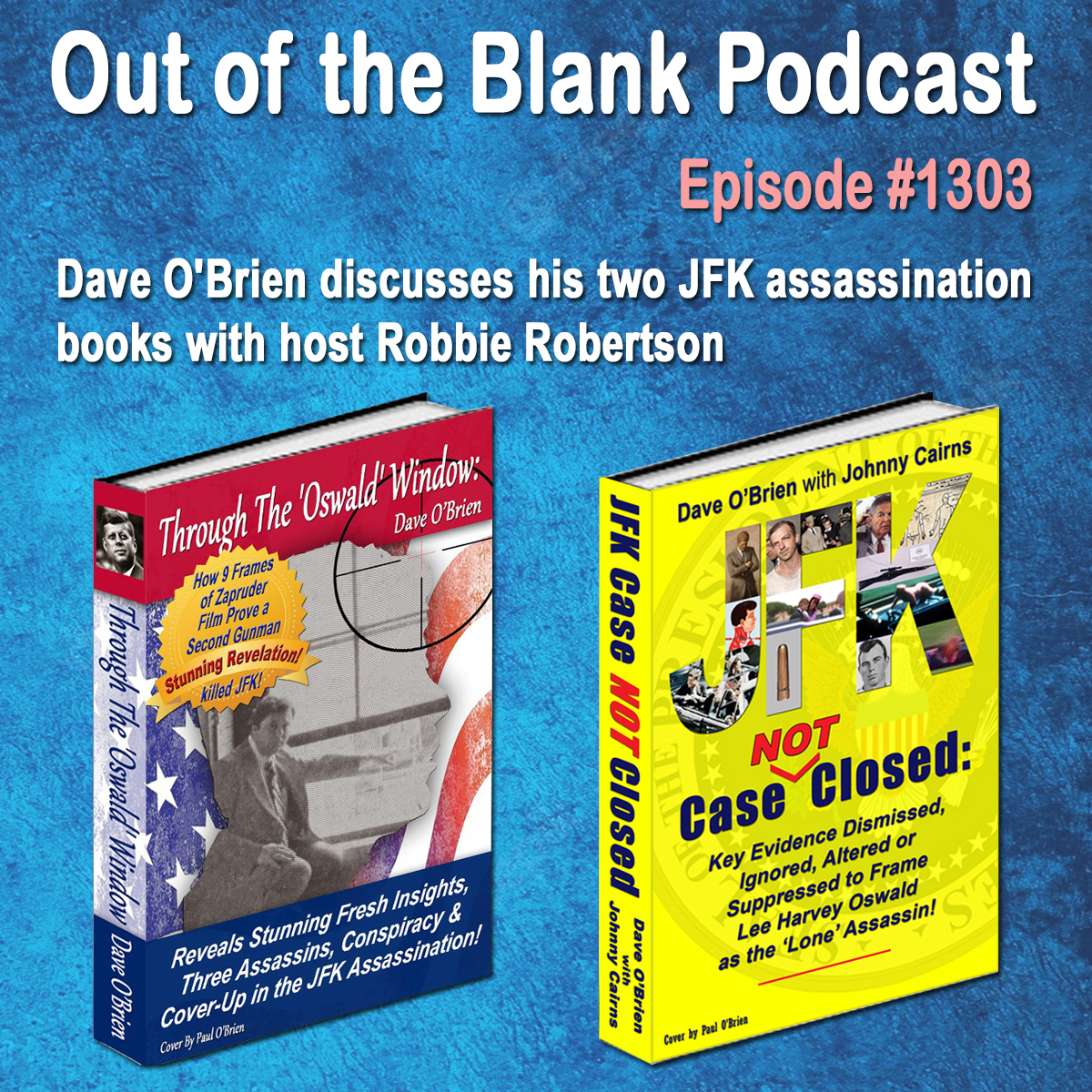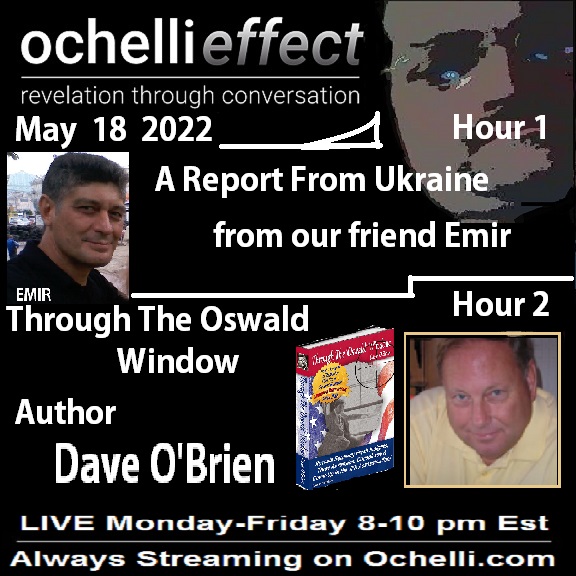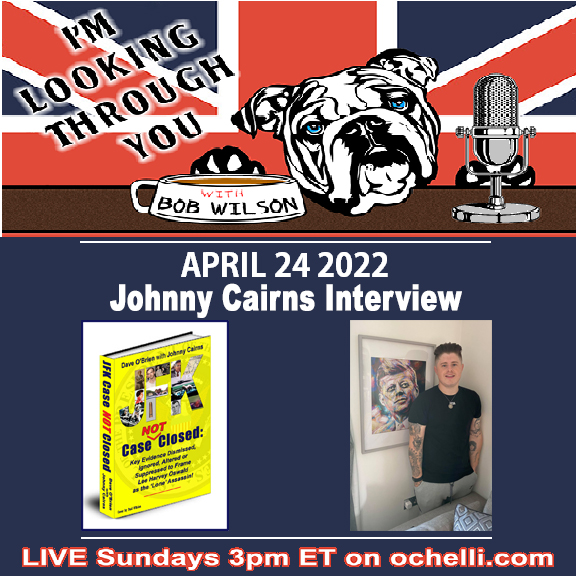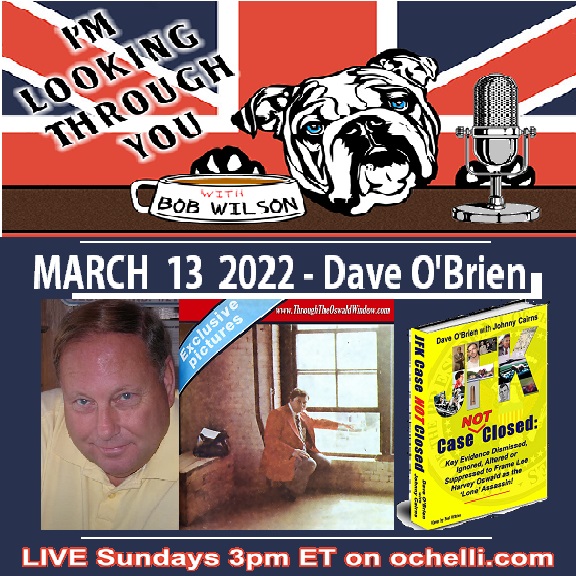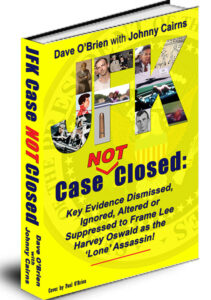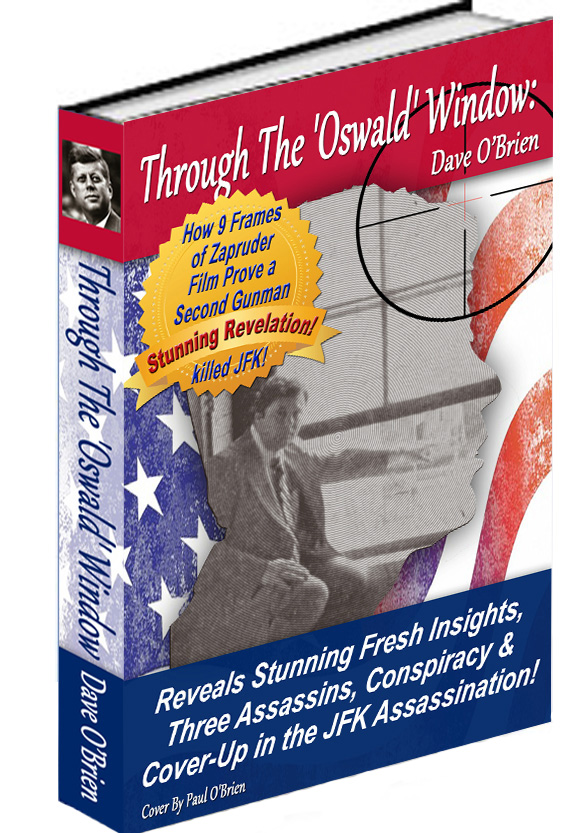Chapter 2 Preview – Does General Edwin Walker Shooting Establish Oswald as JFK’s Assassin?
The Warren Commission could not offer a clear motive for Lee Harvey Oswald assassinating President Kennedy, so they pointed to the next best thing – ultra right-wing militant General Edwin Walker.
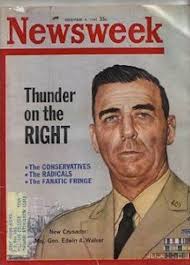 Just seven months before the assassination that shook history, the Commission says that Oswald attempted to take the life of General Walker, using the same rifle that would kill the President of the United States.
Just seven months before the assassination that shook history, the Commission says that Oswald attempted to take the life of General Walker, using the same rifle that would kill the President of the United States.
General Edwin Walker was a loud voice for the radical right who helped fuel anti-Kennedy sentiment in Texas.
The far-right conservative General was outspoken against the Kennedy administration, specifically calling for a U.S. invasion to oust Cuban dictator Fidel Castro.
This put Oswald and General Walker philosophically at odds. Oswald was pro-Castro, even seeking a VISA to visit the island at a time when Cuba became part of the ‘Cold War’ and was in the midst of embracing Communism over Capitalism.
Oswald himself spent more than two years in Russia as an ex-Marine, renouncing his U.S. citizenship before mysteriously returning to America with a wife and daughter in tow in June of 1962.
On April 10, 1963, the Commission says Oswald fired a single shot at Walker while sitting in his study at home. The bullet broke a pane of glass and narrowly missed hitting the General in the head.
The case remained officially unsolved until after the JFK assassination when Oswald’s widow Marina told investigators that it was her husband who tried to kill General Walker.
STILL IN SEARCH OF WHY?
The Commission welcomed the news, claiming that it showed that Lee Harvey Oswald had the capacity for violence and therefore could have murdered the President.
However, just as the Warren Commission couldn’t explain why Oswald decided to assassinate JFK, it could not reasonably explain the WHY associated with the Walker incident.
Why would Oswald shoot at Walker given these two political realities at the time?
- Hatred – Walker led the ultra-right-wing organization in Texas that hated JFK, but Oswald showed no disdain for President Kennedy in the months leading up to the assassination.
- Cuba Secure – Despite Walker’s rantings over Cuba, the peaceful resolution to the Cuban Missile Crises came with the promise from Kennedy to never invade Cuba.
As a pro-Castro sympathizer, Oswald would know that Walker’s anti-Castro rhetoric was soundly defeated by U.S. policy.
Walker had been clearly reduced to a loud toothless tiger after the Missile Crisis, so why would Oswald still try to kill him and then also seek to kill JFK months later? – both targets at either end of the political spectrum.
The Commission had no answers, especially for the most troubling question of all associated with the Walker shooting as it relates to the JFK assassination.
Chapter 2 of Through The ‘Oswald’ Window discusses the General Edwin Walker assassination attempt and whether it started Oswald’s destiny as a serial killer.
